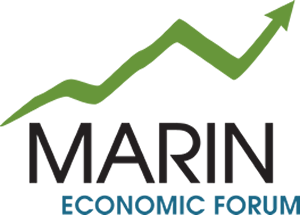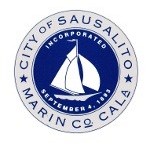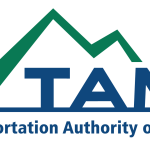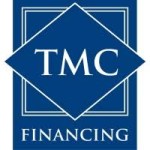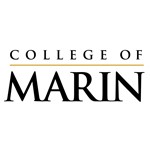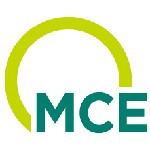2/21 Blog Topic: Marin’s recovery from this pandemic will require new approaches
February, 2021
| The date of March 13th is burned into my brain. That was the day state and local governments announced businesses, excluding those deemed “essential”, would need to cease operations due to the public health emergency we know as the coronavirus. At that time, no one could have imagined that a year later Marin’s restaurants, gyms and yoga studios, and business offices would still be closed in one form or another. Yet here we are, with slim prospects at the time of this writing, that the “normalcy” we enjoyed will fully return. It begs the question – what is next for our Marin economy? Whether you have followed MEF’s numerous reports or simply the local news, you will have a good sense of the impacts of the pandemic on our economy, including the fact that small businesses have been hit the hardest, with closures and layoffs. You will have heard the sad stories of our black and brown communities being disproportionately affected with cases as they had no economic choice to opt out from work due to financial need. You will also know that there are pockets of resiliency in Marin; our residents working in the knowledge economy have successfully pivoted to remote work, some businesses, like home furnishings and sporting goods stores, benefitted from pandemic-driven lifestyles, and asset prices, like homes and stocks enjoyed greater than usual value increases. Suffice to say, the recession that was predicted at the outset of the pandemic did not materialize in a traditional way and we should consider that recovery of our Marin economy will not be traditional either. From MEF’s perspective, recovery of the Marin economy should embrace some new approaches, starting with the creation of a first-ever economic strategy for the county. Readers may be surprised to learn that there is no current county-wide strategy for our economy. That means we don’t have any prioritization of business sectors; we don’t have an approach to workforce development that assures a pipeline of employees for our most important sectors; and we don’t have any tools to attract businesses and create jobs for our residents. Creating an “economic vision” that will guide resources and energy towards creating the economy we want in the future will be a critical piece of our recovery. Another new approach, though one which both the county and individual cities have embraced, is ensuring economic recovery puts our low-income residents upfront. All of the data MEF has presented confirms that unemployment caused by the pandemic has affected our low-income workers, and as confirmed by the Public Policy Institute of California, historically recovery from recessions takes longer for low-income households (following the Great Recession low-income families in the Bay Area took on average 11 years to recover versus just 5 years for high-income ones). Assuring jobs, via upskilling or retraining of our low-income residents, is a faster pathway to economic recovery and prosperity than simply getting them rehired for the same low-wage jobs they previously held. Finally, Marin County should consider creating a public agency responsible for economic development to ensure proactive management of our economy. As the only Bay Area county that does not have a public agency for economic development, Marin County and its businesses may be missing opportunities to secure federal funding that will help rebuild and strengthen our economy. In addition, most regions have appointed their public economic development agencies to lead the recovery efforts, streamlining the task and clarifying for the community who is responsible and where to go to get support. As businesses and residents look to manage the fallout, as well as opportunities that may emerge from the pandemic, having a single, public agency to guide and facilitate those efforts will buoy chances for successful recovery and a strong future economy. Coronavirus has created economic conditions like no other event, with winners and losers in our local economy. But recovery is about all our residents prospering together. To do so will require some approaches Marin County has not taken in the past. We should do so now to secure the future. |
Mike Blakeley, CEO
Marin Economic Forum
Tags: blog
